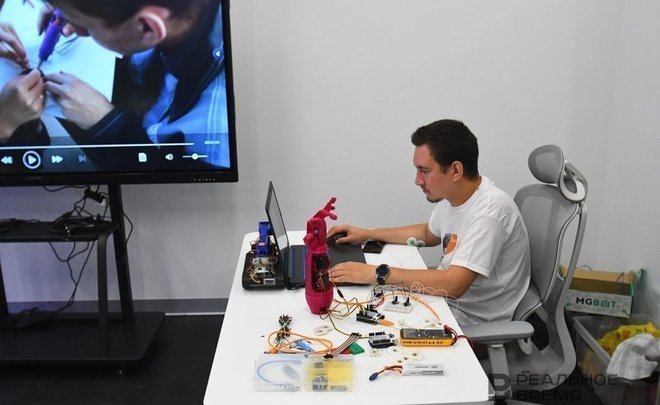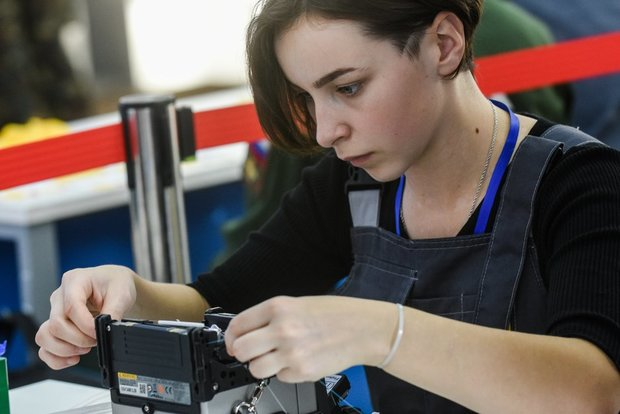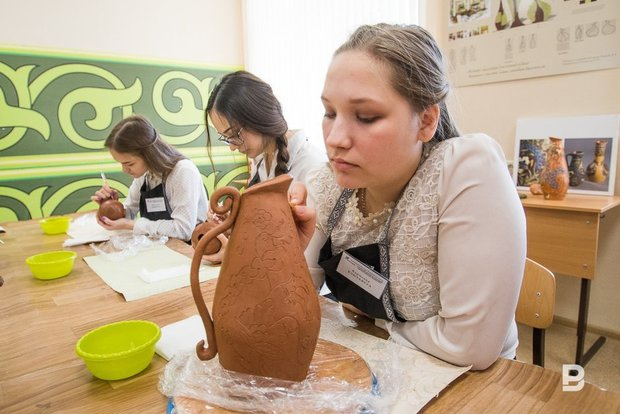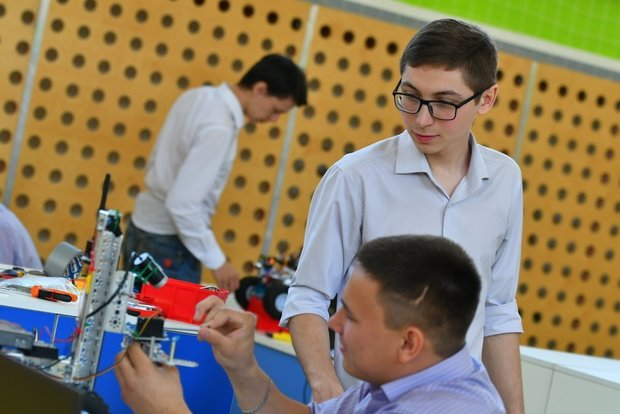Galina Akhmerova: ‘When doing what you love, the maximum involvement comes itself’
An expert in the labour market about corporate training and its effect for Russian companies

Microsoft gave good advice to companies last week about how to impede employees from quitting: the corporation thinks that it is necessary to constantly train employees. Not the content offered but the work on the creation of processes and training culture is important at corporate training, thinks founder of Darwin Modern Education Accessibility Development Fund, former top manager of BARS Group and creator of Round career guidance app for teenagers Galina Akhmerova. In an op-ed column for Realnoe Vremya, the expert writes why Russian companies should invest in their employees’ education.
Why constant training is needed

Why do I need education, constant training and how do I choose it for myself? These are my three criteria:
- A topic theme (preferences differ depending on different periods in career, life or even mood).
- An expert that inspires confidence and affection.
- An adaptable schedule for me.
- The community that will enlarge my circle of acquaintances.
- The emotions I am ready to follow.
- The achievement of new goals through specific education (the post, an expansion of tasks and so on).
I am sure that my personal approaches in most positions echo in any person. Nevertheless, from a perspective of a mum, the outlook on education changes.

Why and what education do we invest in as parents for our kids?
Here, my approaches evolved from my older son, who is already a student, to my youngest son (kindergarten). And accomplishments were the main criterion first: new opportunities for a better life and search for the greatest possibilities, but now I want to my kids to be happy and do what they love. From developing and potentially uninteresting and “finish what you started to do” we came to “try everything you like” and how I can help you.
When doing what you love, the maximum involvement comes itself. And our task is to support and give an opportunity to open up.
For me personally, there is no different in the approaches when it comes to corporate training. There are business tasks too that must be done after additional training, and there is a difference in generations between the employees, which also should be taken into account.
Training in the company is not the end in itself. It is an instrument solving problems:
- Acceleration of new employees’ adaptation;
- Greater engagement and motivation;
- Higher productivity;
- Expansion of horizontal links;
- Creation of an expert community and succession of knowledge;
- Development of talents;
- Retaining and expanding the lifespan of an employee in the company.

A person must set a trajectory of personal development
I think not the content offered but the work on the creation of processes and culture of education, instruments we can provide as a company are important in corporate training.
Not everybody will be happy with the training content, and if it is mandatory training, the motivation will be corresponding. A person must set a trajectory of personal development, in this case, the employer can be a mentor and supervisor.
From my experience, I can say that informal instruments have always worked better than any rich training.
- Communication and new links will become a long-term investment.
- Mentorship and guidance as peer-to-peer mechanism work well.
- The content from the employees to employees is received more positively.
A company cannot measure some of these benefits at a moment in money, but in the mid-term, it is a significant effect amounting to tens of millions a year, even for companies with 1,000 workers.
I think my experience partially coincides with HR trends of Russian companies. Besides professional training, both soft skills and a healthy lifestyle and well-being skills develop. Large corporations create a personal staff development plan for a period, doing business tasks and allowing realising their potential. For instance, the IKEA management worked in such a pattern.

The experience of teams introducing a wallet for subordinates is interesting: Rabota.ru employees can spent on training they personally chose if its importance is explained. Such a decision solves the problem of upgrading their hard skills. Indeed, internal corporate training is now a challenge. In this case, companies themselves look for a more suitable format: some create the content themselves, some invite agencies or use external services to test their knowledge. Solutions are very individual. Some companies aren’t ready to switch to new training formats and keep 500-page process maps in small print even now. I think it consequently can lead to the problem of attraction of young employees who aren’t ready to perceive information only this way.
As a trend I like the practice of meet-ups organised by employees for employees. Companies in services and information technologies actively use this approach.
Setters, for instance, went further and assumed responsibility for expanding links in the sector by creating joint chats for HR managers and marketing managers — a community as next training step.
The initiative leads to synergy, and as employers we should create and encourage it so that the work is first of all associated with their favourite job.
Reference
The author’s opinion does not necessarily coincide with the position of Realnoe Vremya’s editorial board.